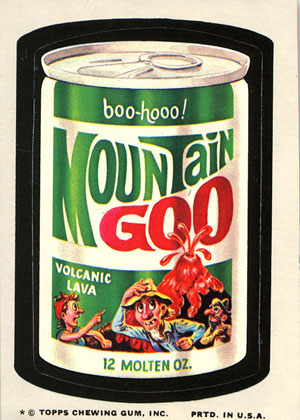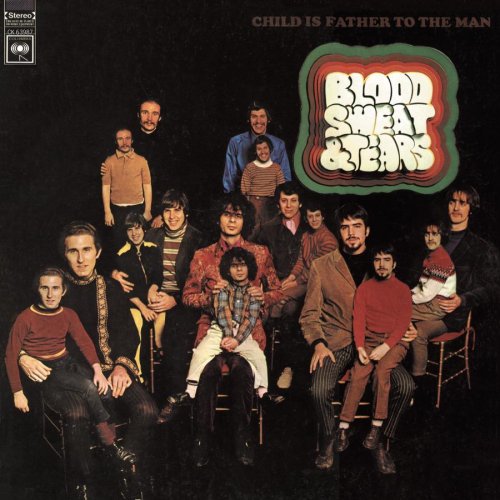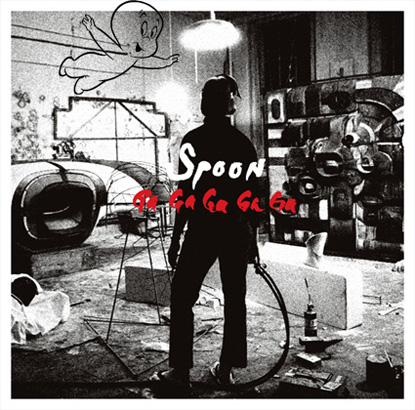I reached soon-to-be former Television guitarist and solo artist Richard Lloyd at his hotel in Hamilton Ontario, Canada, as he and The Sufi Monkeys, were about to kick off a brief tour of Ontario and select US cities, winding their way to Philadelphia’s Khyber on Thursday, May 17 and ending up back home in New York City at the Knitting Factor on May 19.
Within minutes of his gradual emergence from what sounded like a Nosferatu-like awakening, it became clear why a mic has rarely been set before him by any hands other than his own. The guy wouldn’t shut up. Better to have all that energy and bullshit pent up for his guitar solos, I’m sure some of his collaborators have thought, but this guy’s on the verge of something big, and it’s time we let him have his say.
Today, Central Park SummerStage series is set to announce the appearance of Television on June 16. Lloyd has announced that this will be his last show with the band so that he can dedicate his energies to the fall release of a new album, The Radiant Monkey. Meanwhile, in February, Lloyd reissued his 1985 album Field of Fire in an expanded edition that includes a second CD on which he re-recorded and remixed much of the original release. I had hoped that this rare do-over would be part of an enlightening and nerdy discussion to suit the fantasies of our Townspeople, but instead I was treated to a torrent of intergalactic mumbo jumbo and would-be provacative macho cock-talk. KISS’ Gene Simmons pulling that crap on NPR’s Terry Gross is high-brow water-cooler talk. A cult guitarist pulling similar crap on a plain old dude whose intentions are good is one of life’s little regrets.
Everything I say is a joke…
[In a croaked whisper…]
Richard Lloyd: I’m a little under the weather as far as my voice is concerned. It’s sort of par for the course that I would develop a chest cold and a sore throat in front of 11 days straight of singing. It’s part of my karma. It’s kind of a cosmic joke that’s played on me. You know, my vocal teacher – one of them – used to tell me that I should quickly run into a recording studio and sing, because I would have a husky, sexy voice. Even though I would lose my top notes, I would gain a few bottom notes as I sing my ballads and love songs. [hacking cough]
Rock Town Hall: If you get to a point when you need to stop to save your voice, just say the word.
RL: That was about 5 minutes before you woke me up… I’m kidding. Everything I say is a joke… I’m vertical now. This is better. Fluids will move.
RTH: Can you tell me about your new album coming out in the fall, The Radiant Monkey?
RL: You’re not allowed to say that. You haven’t got permission. You can say the letters R-M. I’m serious, don’t print that. Just say R-M. You can say that I told you you’re not allowed to say it. That’s different than saying it. It has to do with my ad campaign, which is all teasers, to begin with. So if you blow it, it’s like the punchline.
RTH: I’m going to be tracked down.
RL: No, you’ll just interfere with my plans for conquering earth.
RTH: I also read that coming up in May will be your last appearance with Television.
RL: No, in June. What are you reading, for godsakes?
RTH: Your website. It said this would be announced on May 15th…
RL: June 16th! I know what’s on my website. It’s not May. It’s June.
RTH: Can there be a Television without you?
Continue reading »





